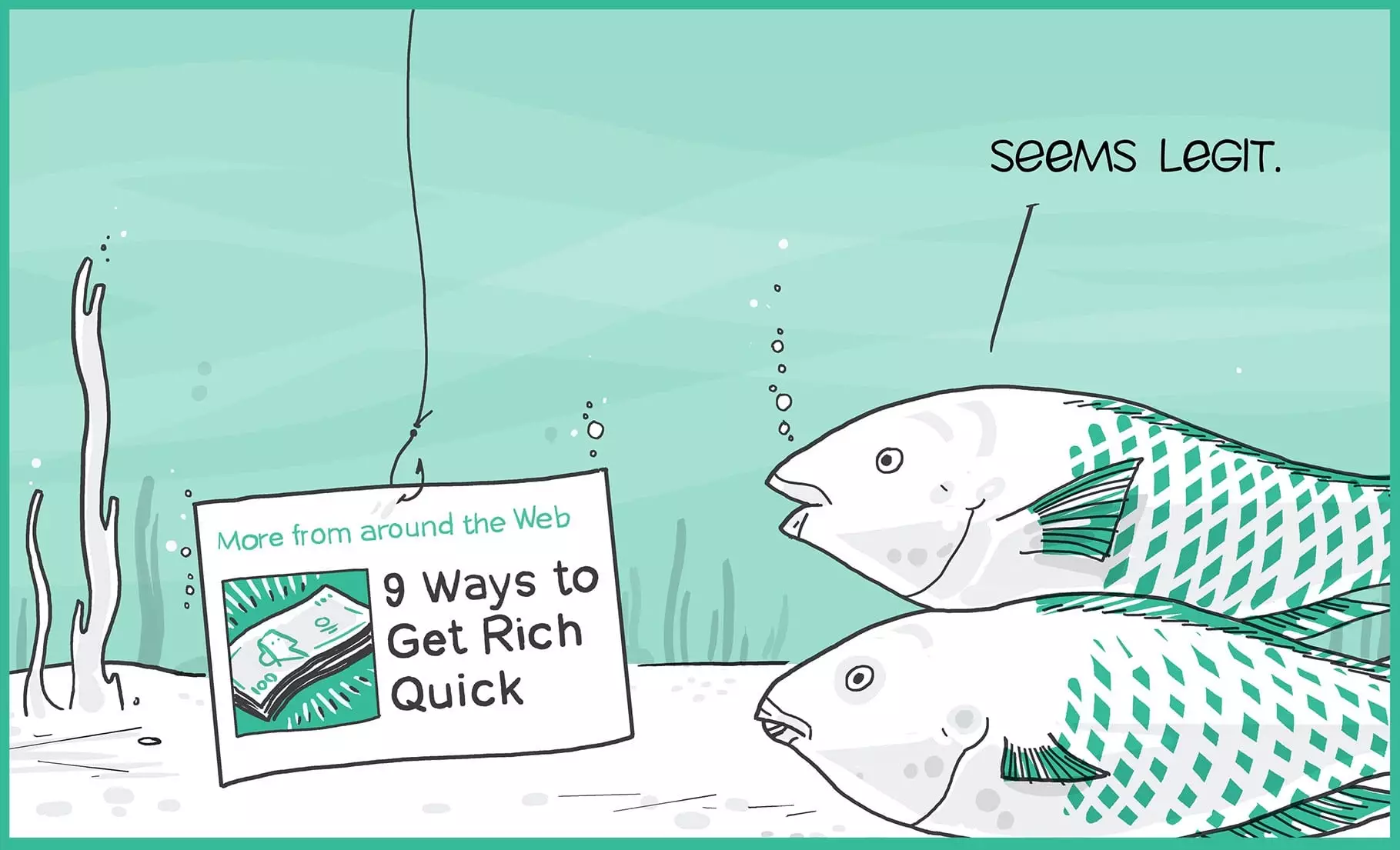The administration of President Muhammadu Buhari has declared that it will start gradually removing the gasoline subsidy in the second quarter of 2023.
In her report, Zainab Ahmed, the Minister of Finance, Budget, and National Planning, made this revelation, noting the World Economic Forum’s side events in Davos, Switzerland.
The federal government’s initial plan was for the subsidy removal to start in June after an 18-month extension. Ahmed pointed out that the withdrawal of the gasoline subsidy would now start in April 2023, starting nearly three months earlier than the original schedule for putting an end to the expenditure head.
She asserts that the elimination of subsidies appears to be the stance taken by every presidential candidate vying to succeed the current administration.
“What will be safer is for the current administration to start eliminating the gasoline subsidy, maybe at the beginning of the second quarter, since it’s more expeditious if you remove it gradually than to wait and move it all at once swoop,” she said.
For the period of January through June 2023, the government had budgeted N3.35 trillion for fuel subsidies; however, the development had sparked intense debate over the necessity of such an expenditure because it would increase the FG’s budget deficit, which would require additional borrowing, driving up the country’s public debt, which as of the end of September 2022 was N44.06 trillion.
Removing gasoline subsidies is one of the fiscal reforms that are urgently required, according to the World Bank and the International Monetary Fund (IMF), to improve Nigeria’s development outcomes, which are badly hampered by the wasteful use of resources.
World Bank President David Malpass stated earlier in his speech that Nigeria’s government urgently needed to improve fiscal management, establish a single, stable market-based exchange rate, eliminate its expensive, regressive fuel subsidy, and rationalize preferential trade restrictions and tax exemptions.
In his comments on a World Bank report titled “Nigeria Public Finance Review: Fiscal Adjustment for Better and Sustained Results,” Malpass made notice of this.
The Regime of Petrol Subsidies Must End
Directors also advocated the withdrawal of untargeted fuel subsidies, with compensation measures for people with low-income and transparent use of saved resources, the IMF said in a statement following its Article IV consultation with Nigeria in November. They emphasized the need to strengthen social safety nets even further.
It emphasized that the regime of gasoline subsidies needed to end because the money they generated for the government coffers.
We have had to borrow money in cases where the government does not have enough revenue to purchase refined petroleum products. So, if we subtract that, the amount is roughly N3.25 trillion. That we do not incur any more than that number that we planned for in 2023 is a huge relief, Ahmed remarked in an interview with Arise TV.
She emphasized that the decision to keep the payments in place was made collectively when asked if she felt misled that the gasoline subsidy had not been eliminated despite her best efforts to assure elimination.
‘’Betrayed? No. “It was a decision that was made collectively, acknowledging the reality that the withdrawal of the fuel subsidy at that time would have exacerbated the burden on the residents due to the residual effects of the COVID-19 pandemic, as well as rising inflation,” Ahmed stated.
She claims that President Buhari does not want to take actions that make the nation’s economic difficulties worse.
Speaking further on the FG’s stance, Ahmed said: “The president does not want to consider a scenario where actions are taken that will burden the people even more. Therefore, it was decided to extend the time frame from June 2022 (sic) to 18 months, starting in January 2022.
Therefore, we should be able to exit in June 2023. The good news is that we always hear that this needs to change from everyone. For the most part, Nigerians are not being served.
‘I listened to some of the new leaders that are fighting for the next cycle of government in the country that are claiming they will get rid of it very rapidly,’ Ahmed stated in reference to the future of the subsidy discussion.
It will be safer for the current government to eliminate the fuel subsidy at the start of the second quarter because doing it gradually is quicker than waiting and doing it all at once.
Therefore, we believe that the subsidy expenses should not go over N3.23 trillion in the budget. Therefore, whether it is finished totally by June, by July, or whatever, it is a process.











